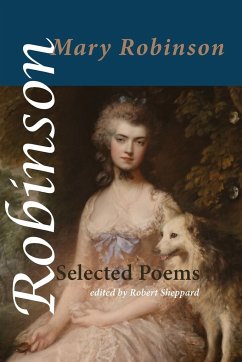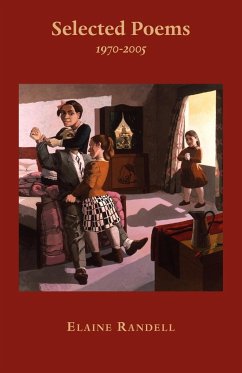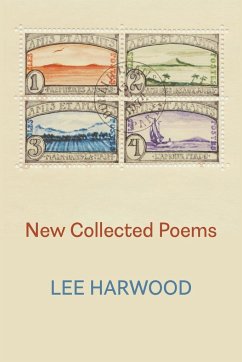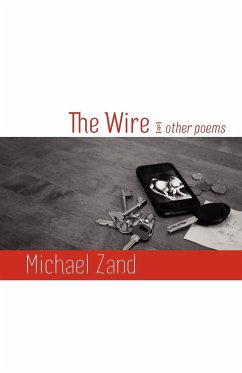Mary Robinson (née Darby) was born in 1758 in Bristol, and was a poet, novelist, dramatist, journalist and actress. Tutored by both Garrick and Sheridan, she had a short but dazzling career on the London stage, where she was spotted by the young Prince Regent and became his mistress. The resultant scandal was hot gossip and salacious news, brought to a new reading public by the institution of the daily paper, for which, ironically, Robinson would later write. Although she had always written, her main literary career dates from a serious accident in 1783, which left her permanently disabled. In the 1790s, she produced most of her best work, with an ever-accelerating productivity, in verse and fiction, until her death in 1800 (she wrote 70 poems in that last year). Once associated with fashionable Della Cruscan poetry, in the final years of her life she was in contact with S.T. Coleridge and William Godwin, representatives of vanguards in both politics and literature. After her death, her work suffered from an almost-complete obscurity, aided and abetted by Victorian revulsion at her scandalous past. This position has now changed, and there has been considerable interest in her life, her writing, and the connection between the two in recent years. The range of Robinson's poetic work is astonishing: from impassioned lyrics to 'Lyrical Tales', from sonnets to odes, from political poetry, reacting both for and against the French Revolution, to representations of various outsider figures (slaves, madmen and political exiles), from jocular parodies of contemporary 'Grub Street' writers to satires on the callousness of the rich, fashionable and famous. Whether speaking or writing in her own voice (serially bidding farewell to her lover Tarleton) or in the voice of others (dramatising the distress of Marie Antoinette, for instance) she was a poetic innovator, as capable as handling Popean couplets as the freshest blank verse. Robert Sheppard selects the best of Mary Robinson's poetry for a general audience, while attempting to demonstrate the range of her work. He includes the complete text of Sappho and Phaon (1796), which was the first sonnet sequence to be published in English since the Renaissance. He relates her late work, particularly the forceful political blank verse epic 'The Progress of Liberty', to the emergence of the first generation of Romantics, upon whom she was a notable influence. He also briefly narrates her extraordinary life and introduces the work in his selection.
Hinweis: Dieser Artikel kann nur an eine deutsche Lieferadresse ausgeliefert werden.
Hinweis: Dieser Artikel kann nur an eine deutsche Lieferadresse ausgeliefert werden.








